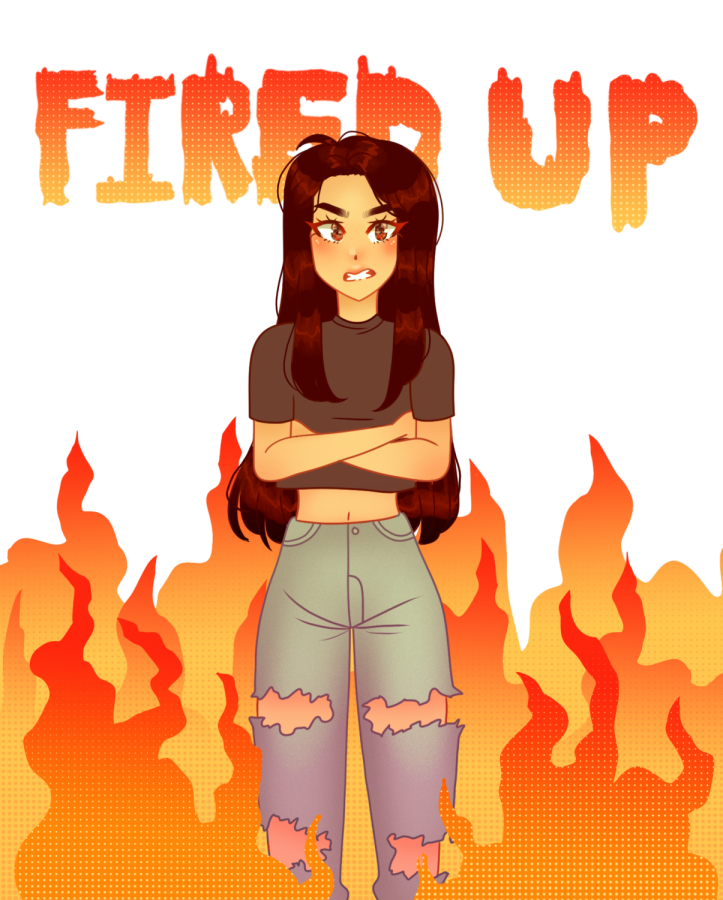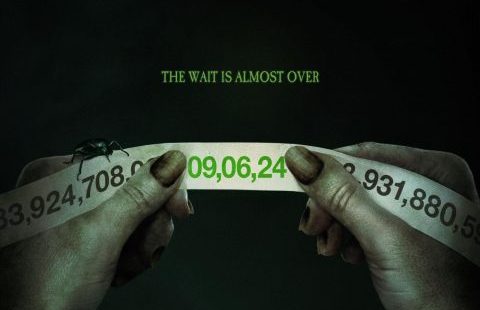Fired Up!
Russian activist Alexei Navalny’s uphill battle for democracy in Russia reminds us of the real meaning of protest.
photo by Bethany Barker
Each morning, we all go through the same routine. Shut off the alarm, wake up twenty minutes later in a groggy panic and quickly get dressed. We might face problems like a curling iron left on the highest heat setting after we leave or morning traffic, but a breakfast assasination attempt is not on our schedule.
It was, however, allegedly in the plans of Russian federal agent Konstantin Kudryavtsev, who was tasked with poisoning and killing Russian opposition leader Alexei Navalny in August of 2020. After putting on his underwear, Navalny reported feeling sick and had to divert his plane ride to receive emergency medical care.
Navalny, an advocate for democracy in Russia, gained traction through social media, posting multiple videos criticizing Russian president Vladimir Putin’s excessive, corrupt wealth and the greed of government officials. He has staged rallies with thousands of supporters and viewers, and has worked in local politics.
His popularity has not gone unnoticed by the Russian government, and while it has been denied by Putin, there has been much speculation and theories blaming the president for being behind both the poisoning and the other obstacles in Navalny’s political career.
In its simplest form, Navalny’s continued fight for democracy and change in Russia is admirable, but it also forces us to look at the state of “protest” in our own country, something that we have taken lightly.
On social media, we call performative activism “protest.” People post black squares and misleading infographics, believing their actions are akin to that of those who gather in public squares for hours on end. Others publish videos of themselves confronting business owners for enforcing mask policies and strangers on the street for their existence, believing their actions are heroic.
It is important we continue the political conversations and circulate news and information. However, it seems embarrassing to equate false outrage to actions of those like Navalny, who are willing to be poisoned multiple times for their cause.
Navalny’s case is an outlier; a protest can still be a protest without death threats, government coercion or imprisonment. However, we must stop trivializing protests and treating them like a Saturday outing. They should not be a one-and-done weekend activity, or a 30-second post on Instagram. Going to rallies partake in violence is not a true protest; neither is going to events because they are “interesting” and “something to check out.”
Instead thorough research needs to be completed before we speak up on social change on any platform. Using credible sources, such as C-SPAN and PBSNewshour help to give context on world news without inputting bias. Don’t make TikToks or post videos making jokes about protesters or undermining the seriousness of events. Racial injustice and gender inequality are not topics that require whimsical caricatures or doodles: they are serious.
Protests take effort and passion, something that we need to focus on. Protesting is for change; it is to speak up and put active pressure on those enforcing or looking to enforce unjust (from the protester’s point of view) actions. To meaningfully protest, we do not need to lead hunger strikes or be poisoned; we just need to have the right motivation and the right tools.
Your donation will support the student journalists of Hagerty High School. Your contribution helps us publish six issues of the BluePrint and cover our annual website hosting costs. Thank you so much!






